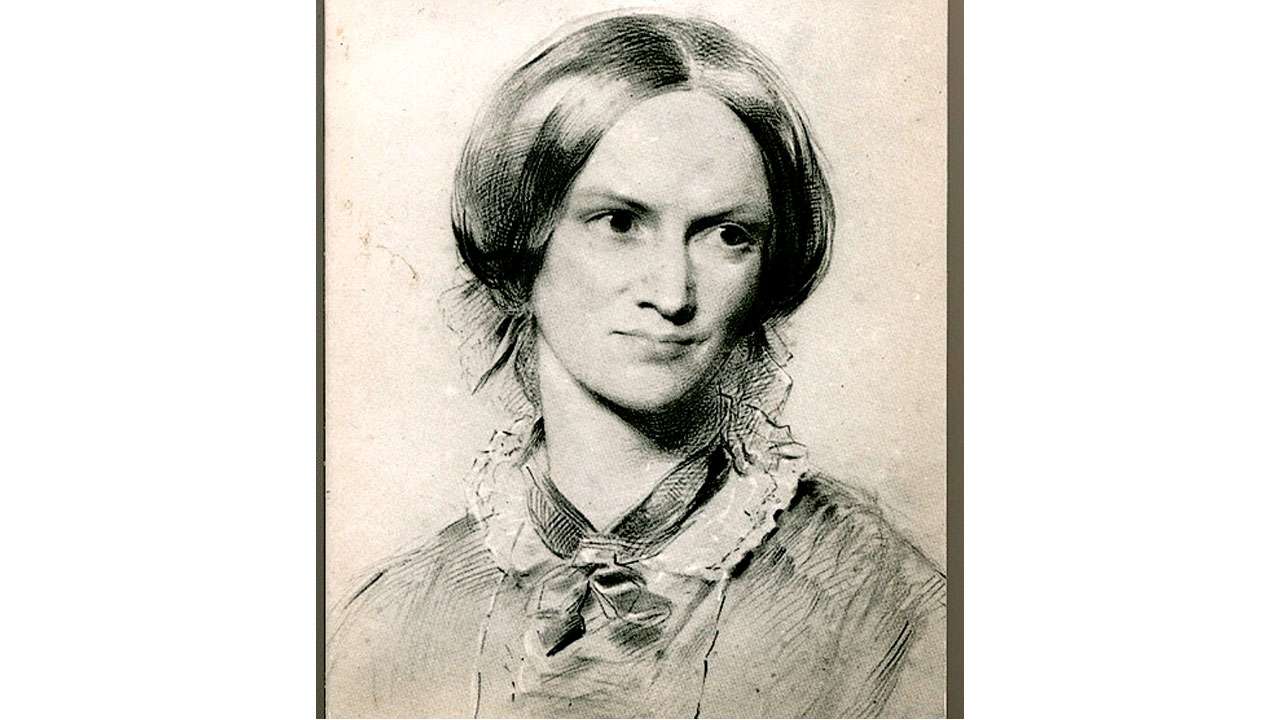
“What it was, whether beast or human being, one could not, at first sight, tell: it snatched and growled like some strange wild animal: but it was covered with clothing, and a quantity of dark, grizzled hair, wild as a mane...”
This skulking monster is not from a horror story, but from the good old Victorian classic Jane Eyre. The hideous creature is the wife of mixed blood from the West Indies, kept hidden by the saturnine Rochester, who courts virginal governess Jane. Jane is plain and poor, but belongs to the “pure” white race.
In schools across Commonwealth countries Jane Eyre was taught as a revolutionary text. Author Charlotte Bronte, as also sisters Emily and Anne, dared to publish their novels under a male pseudonym, in an age which saw women only as homemakers.
It needed Sandra Gilbert and Susan Gubar to publish their Mad Woman in the Attic (1979), for us to realise that the discordant notes in Jane Eyre are not the screams of the mad woman. Driven to insanity by solitary confinement in a cold, alien land, Bertha jumps from the top floor — a relief to her husband — as to the empathising reader. How ironical that generations of students in colonised lands were taught to scorn a woman for not belonging to the “right” race!
Nothing new. The world was seduced by the lilting lyricism of Shakespeare’s Tempest until post-modern readings identified “sub-human” Caliban as the native American subjugated by European colonists.
Revaluation. Rereading. The words sound commonplace, even technical, often academic. I guess they really mean reinterpretation, where something you thought you knew takes a new avatar. This can kick you out of your comfort zone. As when hallowed texts are turned inside out to reveal ugly gashes, the festering wounds of tribes, races and communities.
The civilisation which gave rise to the Ramayana idolised the women of the race named Aryan, who gloried in male domination. Ageing King Dasaratha falls for young princess Kaikeyi and gets to marry her after vowing that her son will be his successor. No one remembers how conveniently he forgets this pledge in choosing firstborn Rama as his heir, but Kaikeyi is cursed for demanding her promised bride price. King Janaka assures bridegroom Rama that his daughter Sita will always follow her husband. He uses the word “shadow” to highlight Sita’s unquestioning silence and unfailing subservience. In contrast, feisty, full-blooded, free spirited Surpanakha, who strides across the forest by herself, who has no hesitation in voicing her sensual desire, becomes the ogress. A figure for comedy and contempt through the ages. Until regional folk legends and modern feminist readings showed Surpanakha as the victim of patriarchy, colonisation and oppression.
You are not surprised to hear that many found Coppola’s cult film Apocalypse Now too terrifying to watch. Many more found Joseph Conrad’s Heart of Darkness, on which it is based, more horrifying to read. This Edwardian novel of power mania, avarice, brutality and insanity, is set in Congo. And here in “darkest” Africa, ivory trader Kurtz who represents western progress and science, cries out, “Exterminate the brutes!” A genocidal command which has anticipated chilling echoes across the globe.
Western critics hailed Conrad’s book as prophesy, exposing the darkness of the white man’s imperialism. But Nigerian novelist Chinua Achebe trounced it as a racist vision of a dark world, where African characters remain dehumanised stereotypes, robbed of layers, culture and language. Today no one can read Heart of Darkness without the back score of Achebe’s denunciation!
Even if we are unaware of these literary revaluations, the thoughts they express have passed into our collective consciousness of culture and politics in our times. But there is always room for surprises. Take the holy cow Virgil, whose Aeneid I found to be a dour chronicle of a hero bolstered by dull virtues. Aeneas flees Troy after the Greeks destroy it, seeking refuge for himself and his people, and builds an empire out of a sense of duty, not passion. Virgil lost ground in modern times as the promoter of imperialism, colonialism and what is now being trounced as “nationalism”. In his saga of the mythic founding of Rome, the invaders are heroes, the resisting “natives” are monsters.
A recent positive view suggests that the “Aeneid” is no saga of territorial aggrandisation, but the record of survivors who fled persecution in Troy, crossed alien seas and foreign lands, and “refashioned themselves as a new people, a nation of victors rather than victims”. Only a stoic sense of duty could make them forget past horrors to strive for present harmony.
If this reading takes root, would it not transform a dull classic on the dusty shelf into an allegory of our times?
Author is a playwright